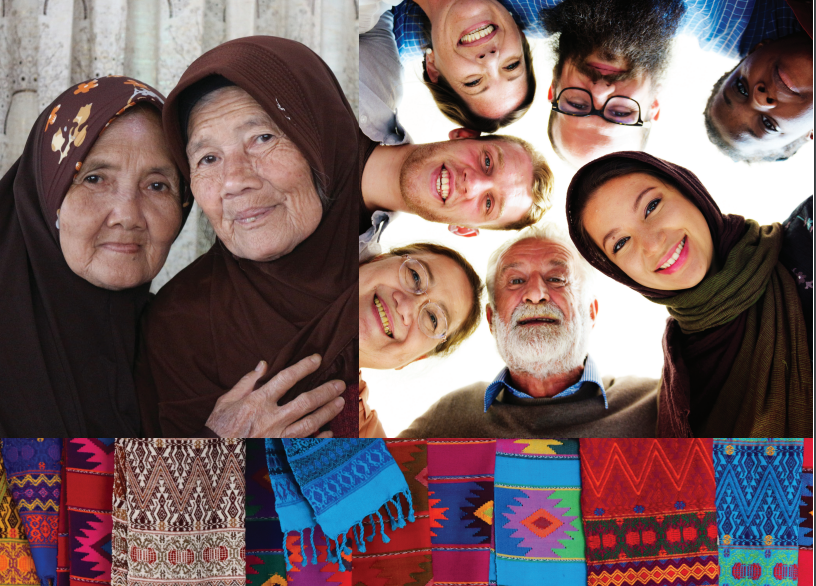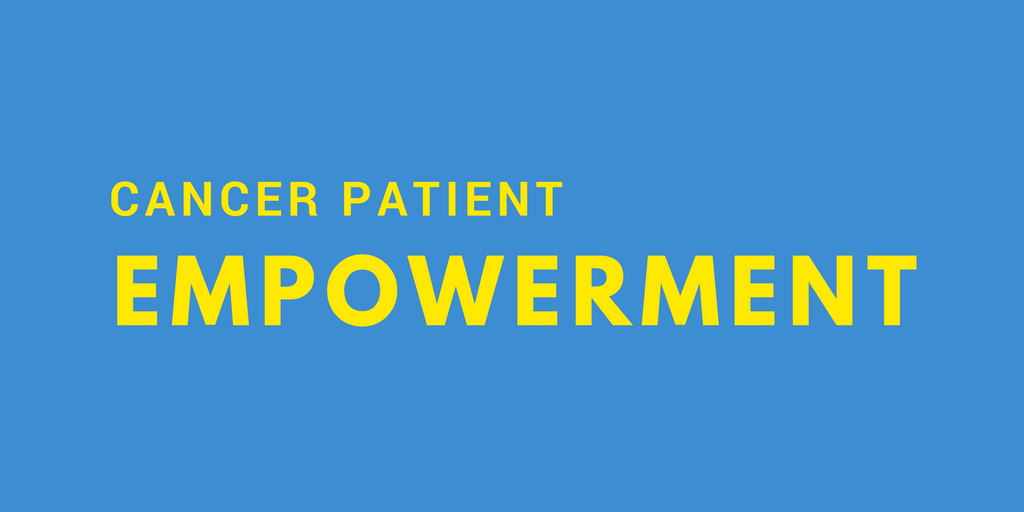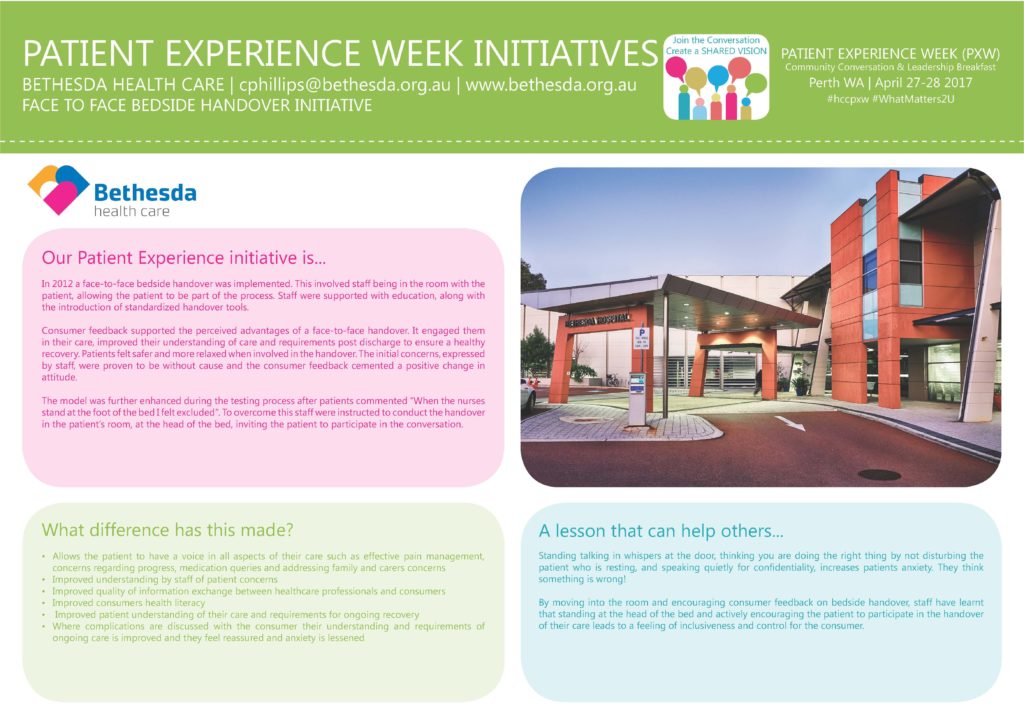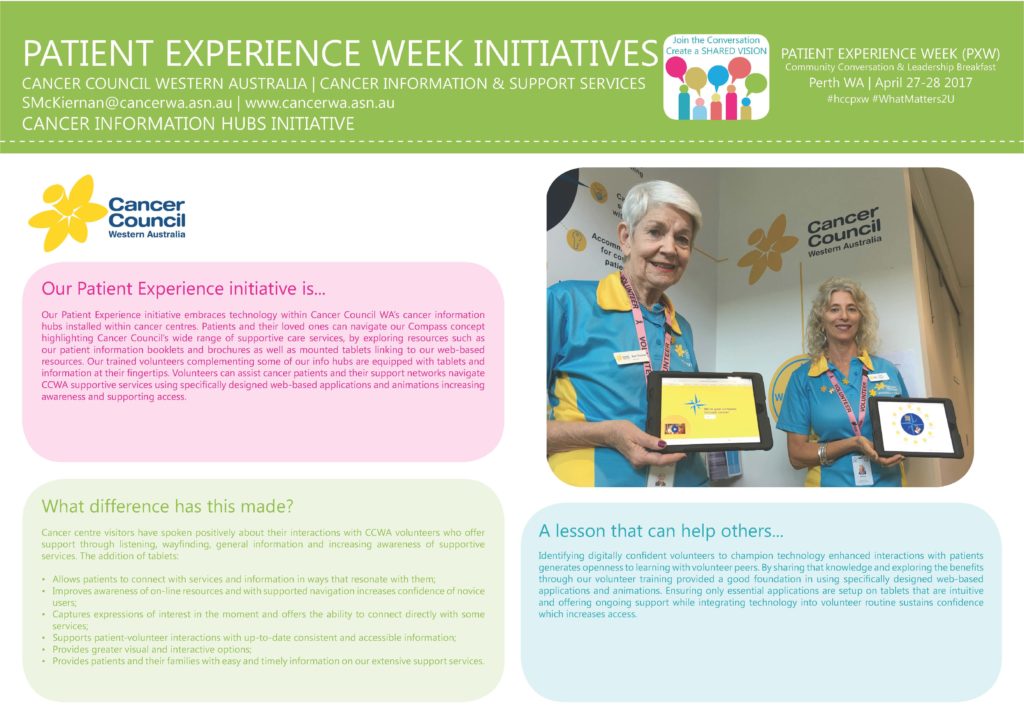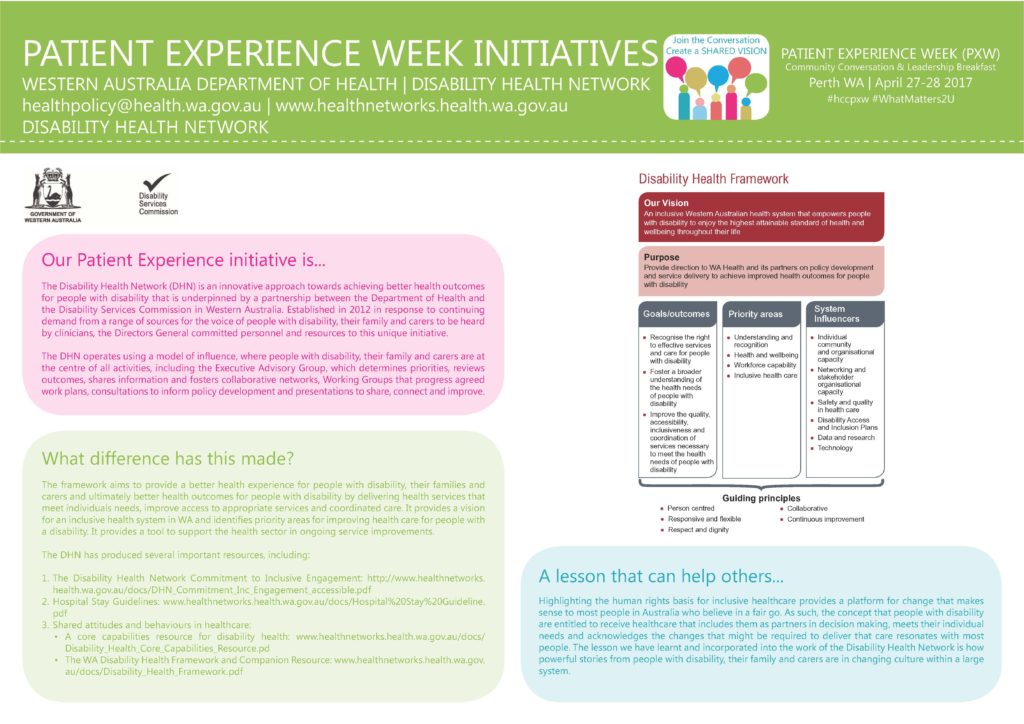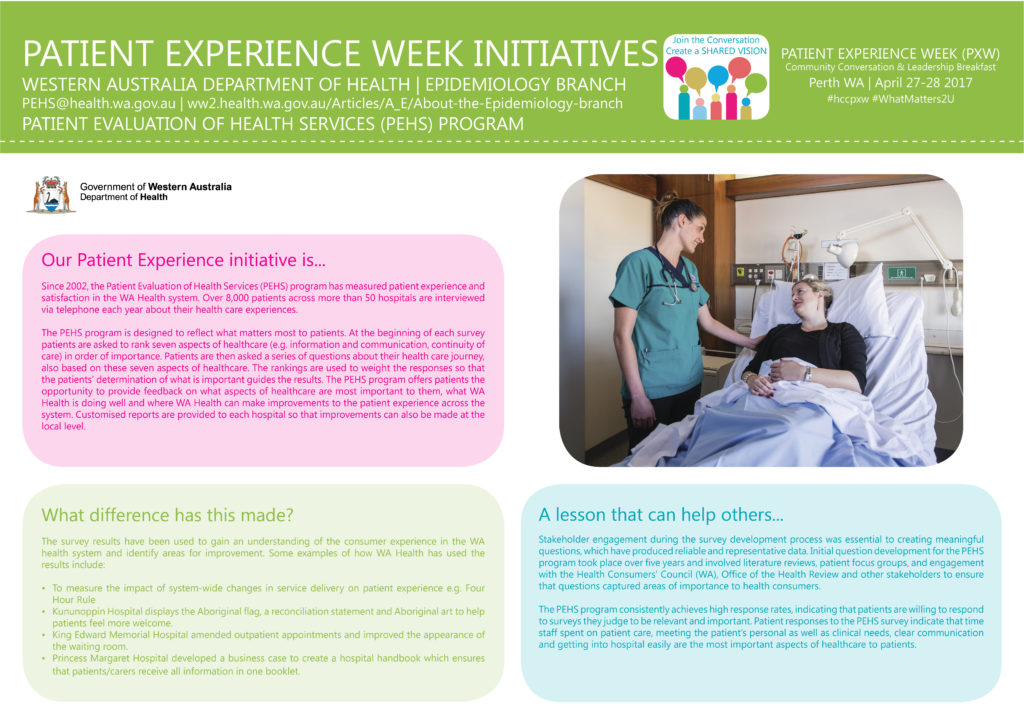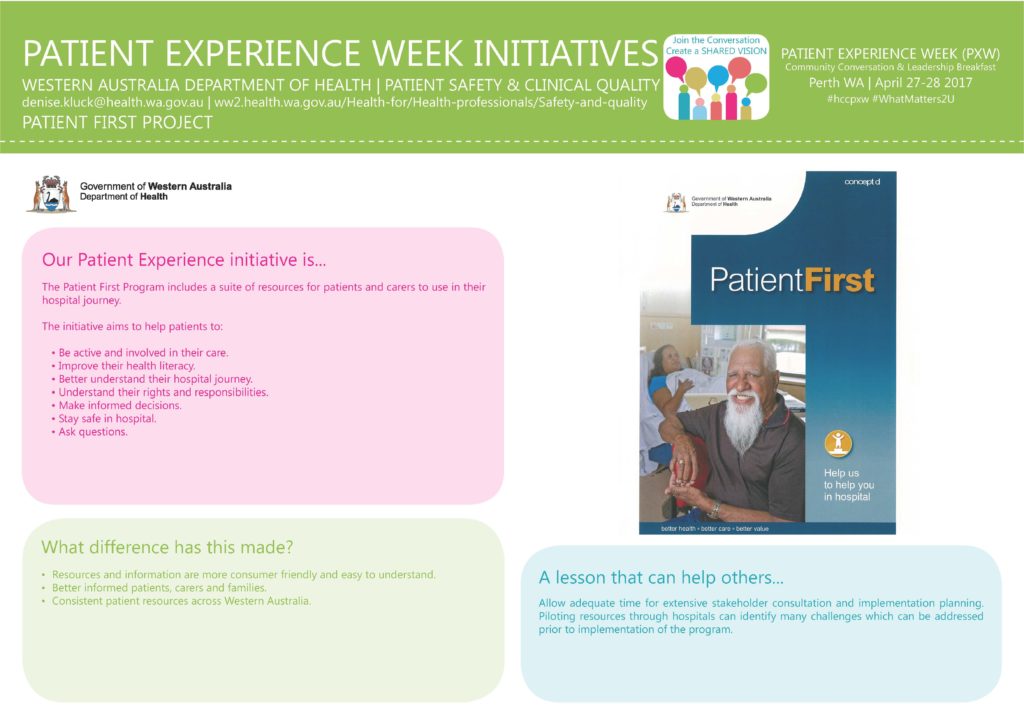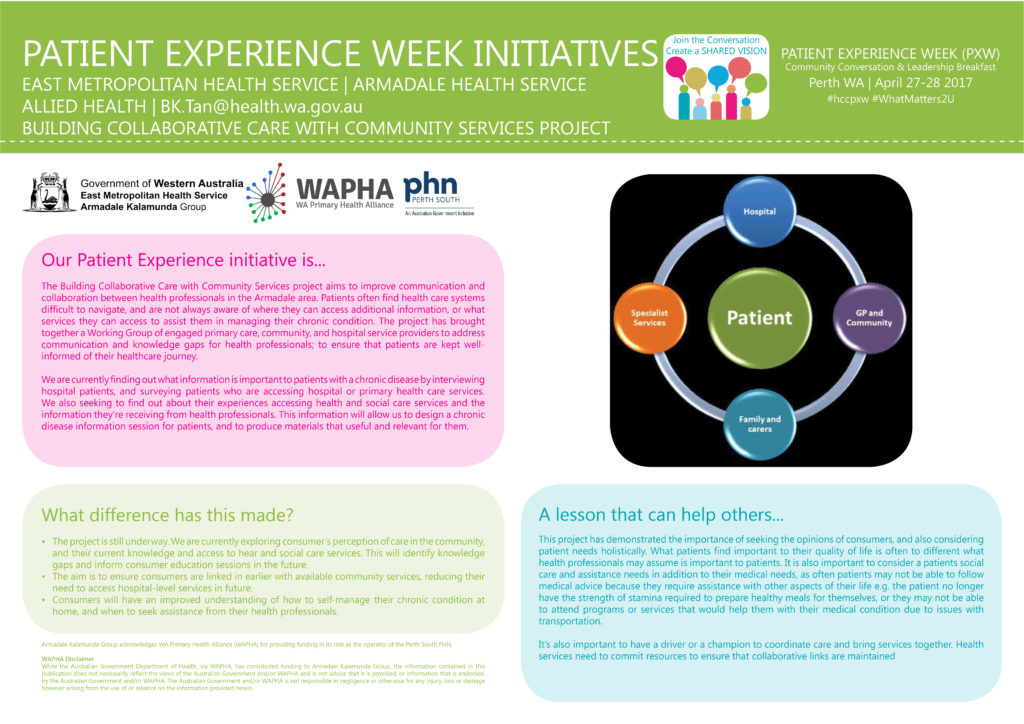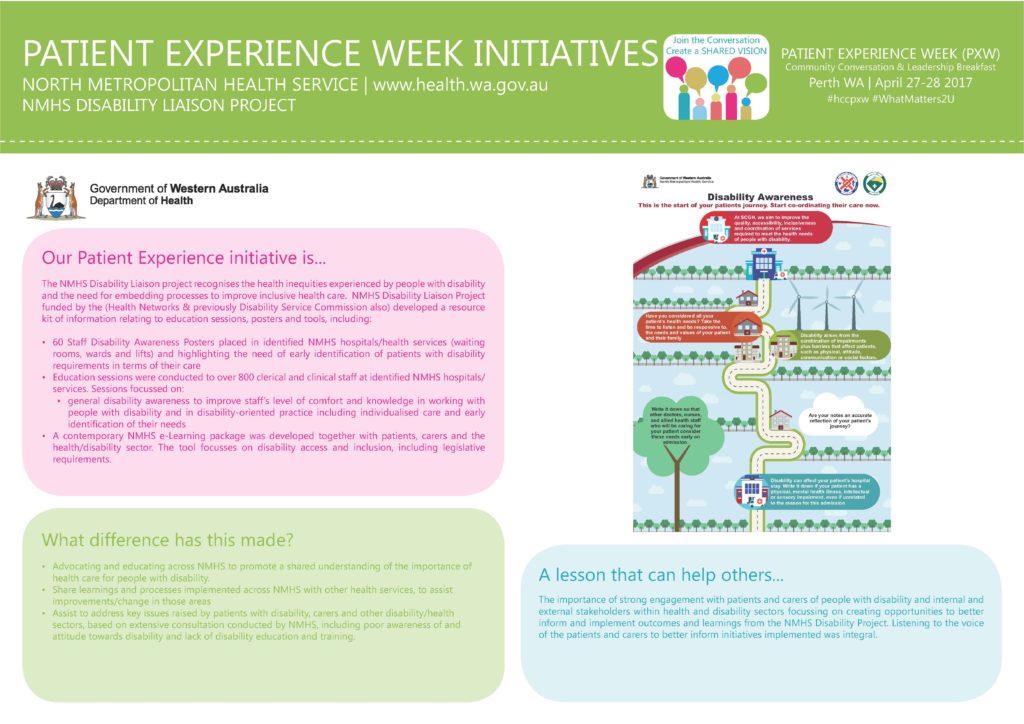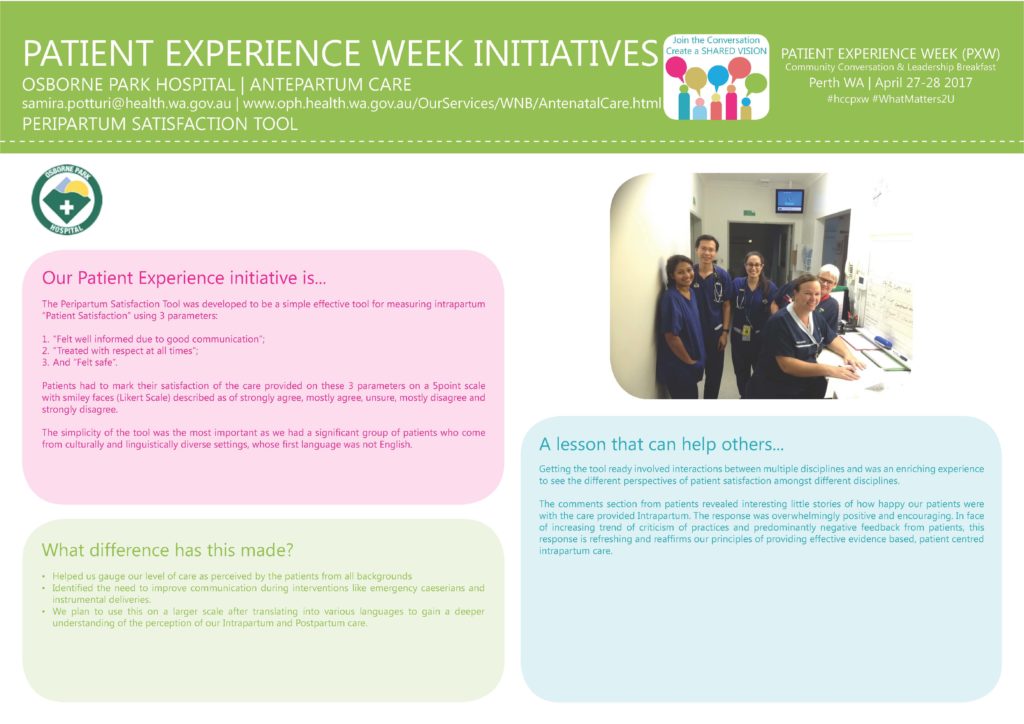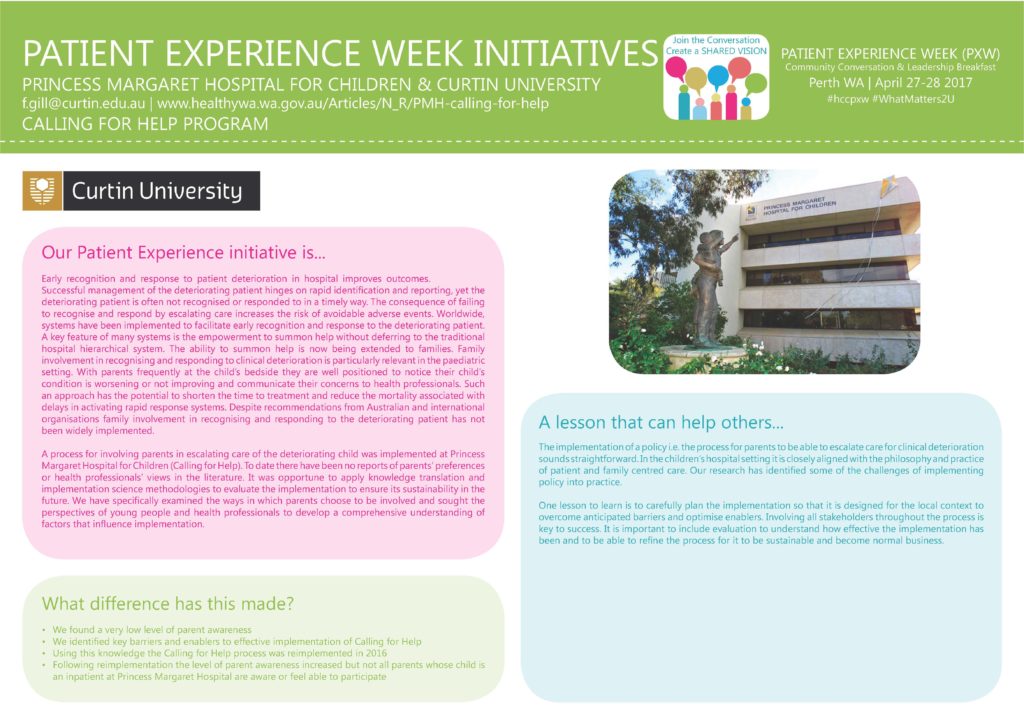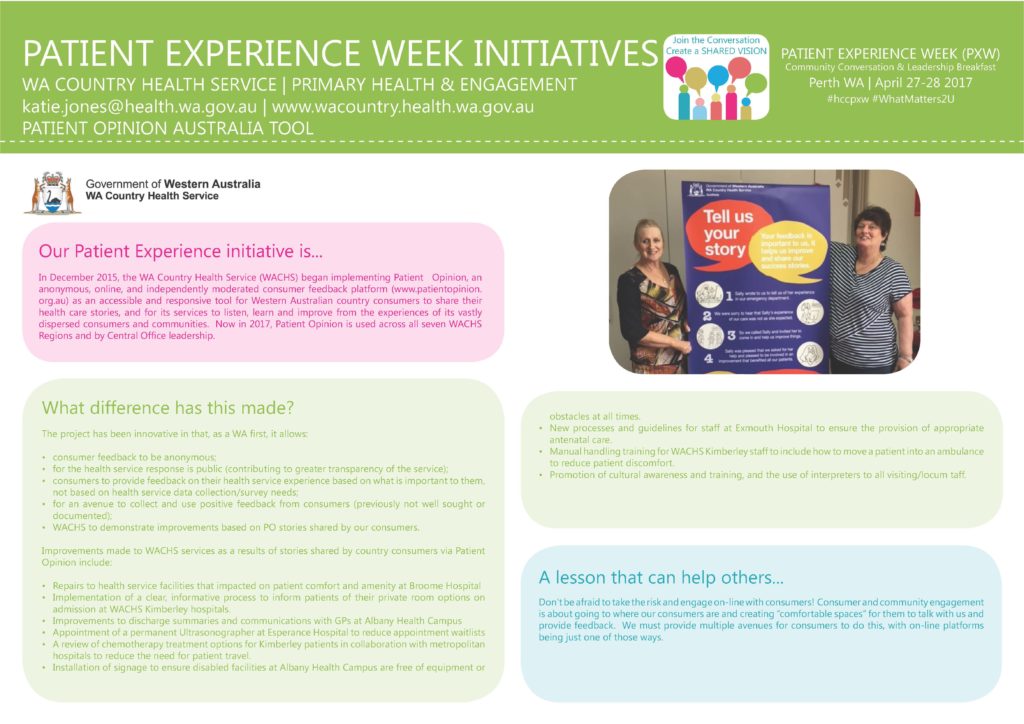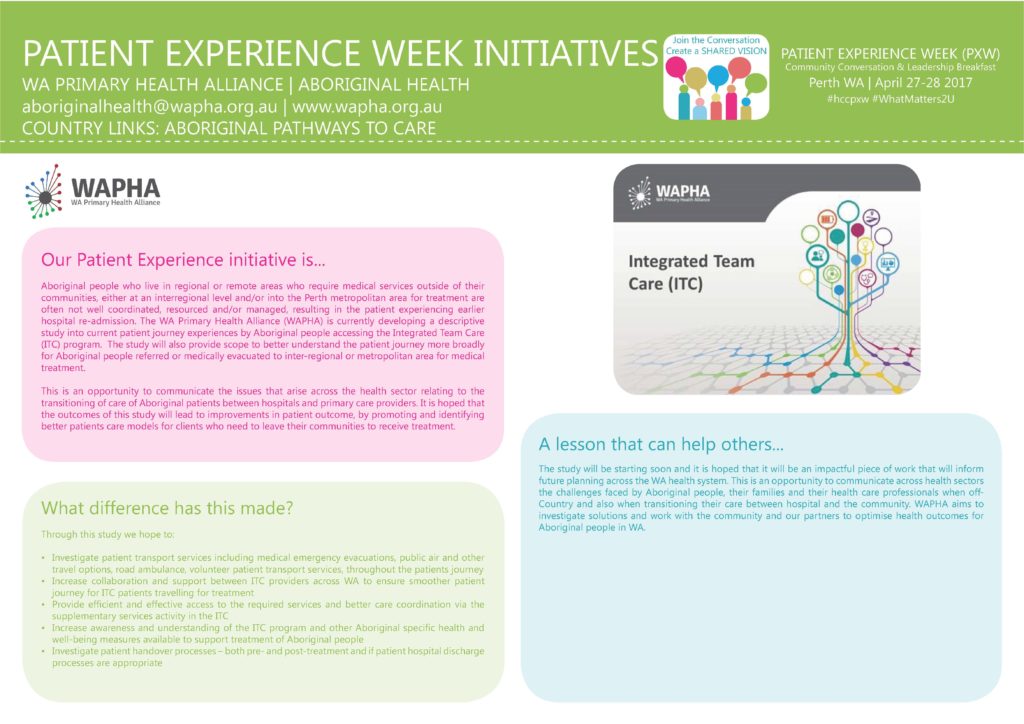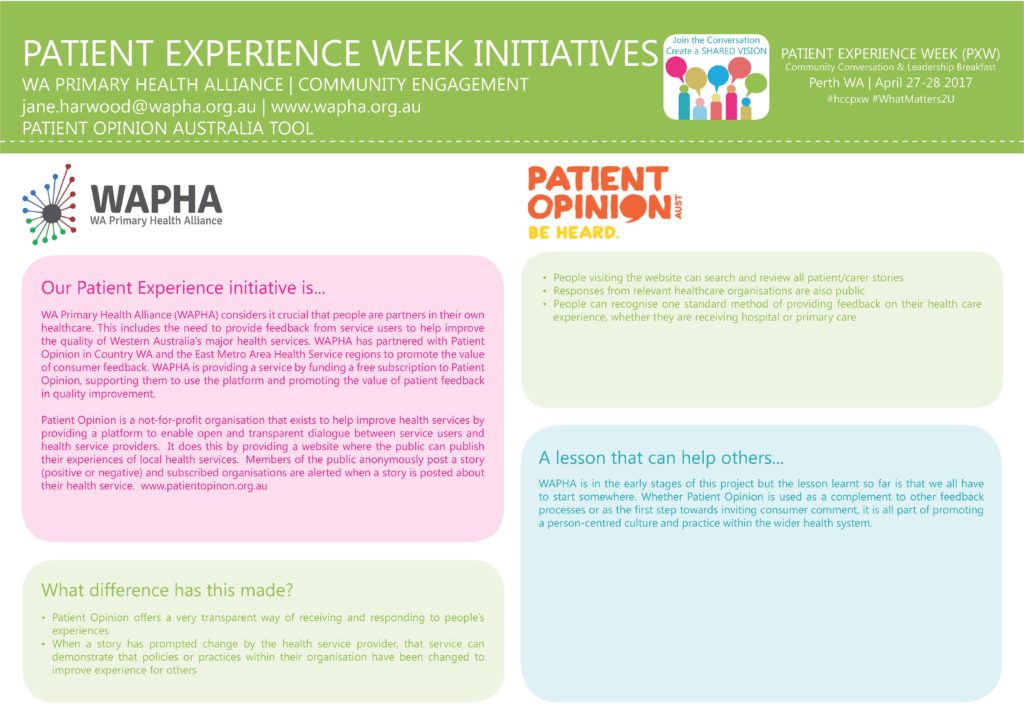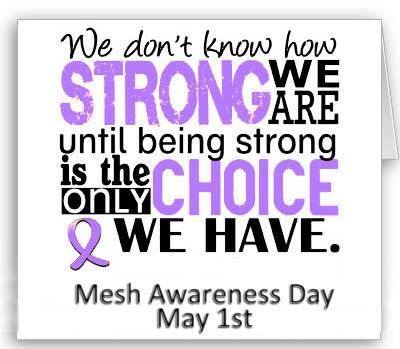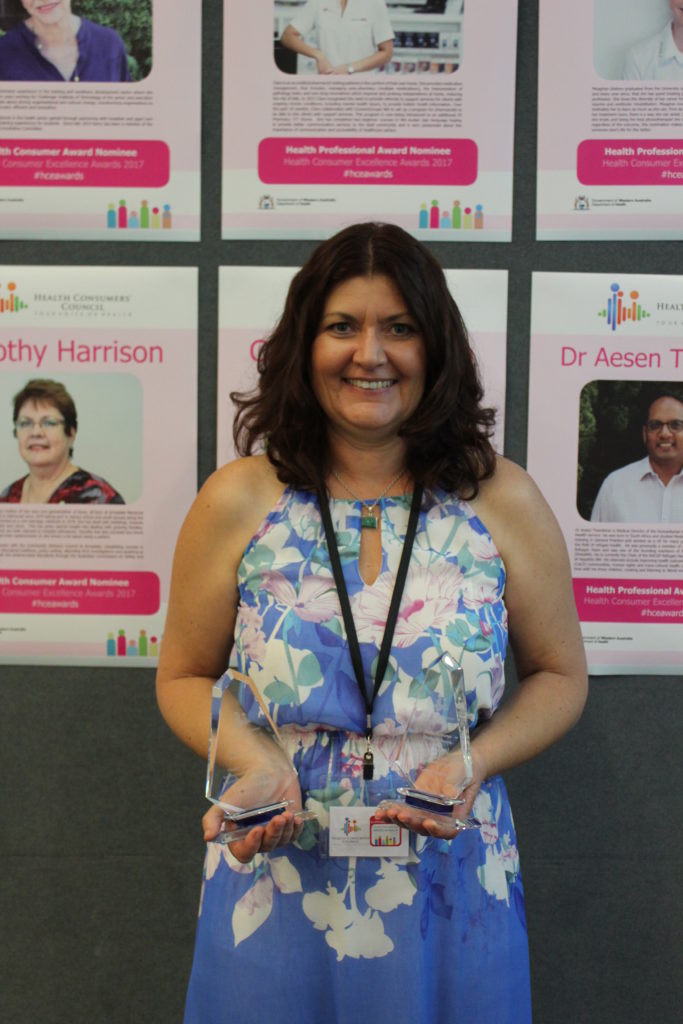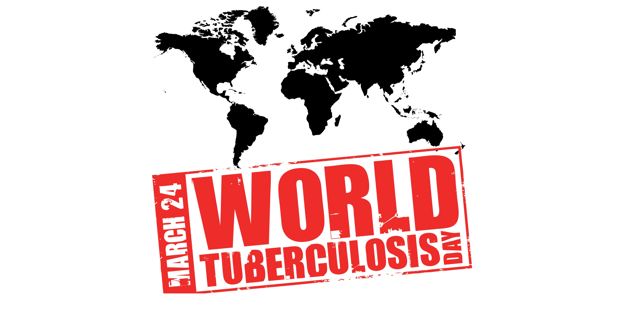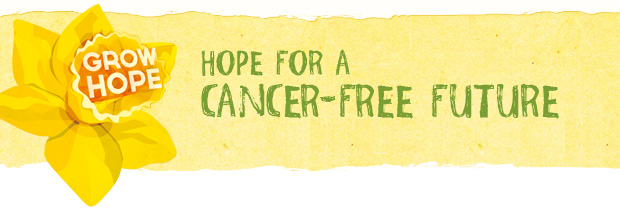
“Studies show 77% of cancer patients who incorporate complementary approaches believe it improves their quality of life. 73% state it makes them feel hopeful. 71% say it helps to boost their immune system” (Mao et. al. 2011). In Western Australia Solaris Cancer Care leads the way in providing complementary therapies in cancer care.
Solaris Cancer Care
In July the Cancer Council WA held the ‘Integrative Oncology Symposium: Pathways to Wellness and Survivorship’. The symposium explored new ways to improve symptom control, alleviate patient distress and reduce suffering. The speakers were health professionals and academics who provided their insights into alternative therapies, lessons learnt in the treatment of cancer and patient experience, this included Clinical Professor David Joske founder of Solaris Cancer Care (2001).
“Although excellent resources have long been available to treat cancer medically, it became clear to me that the emotional and supportive care needs of cancer patients and their families were often overlooked.
So Solaris Cancer Care was born – a drop in centre in Sir Charles where cancer patients could receive free support and advice and supervised complementary integrated therapies that would support their mainstream treatment.
It was a radical idea at the time, and still is in some respect. But the idea has continued to grow and over the last 15 years we have opened three additional clinics in Albany, Bunbury and St John of God,” he says (Solaris Cancer Care 2016).
Since its inception Solaris has provided cancer patients with support services and access to complementary integrative therapies. It all started with a comment from a patient, Roy in 1998. Roy said that when he mentioned to one of his treating physicians that he was seeking complementary therapy, they had shut him down. Clinical Prof. Joske said he realised he “needed to get on board with complementary therapy.” By not accepting complementary therapy it had created a barrier between him and his patients so “we weren’t quite rowing in the same direction.”
Solaris Cancer Care Now
Now 100 people per week drop into Solaris, with no medical misadventure. Patients who access the services have a reduction in symptom distress and improved quality of life. Clinical Prof. Joske said during his time treating cancer patients the most valuable lessons he has learnt are from his patients:
- The power of words and permission to die – What we say to people (and when) matters!
- A role for complementary medicine – Accept how people cope with cancer.
- The promise of new biology – cancer is a chronic illness
- Survivorship
Clinical Prof. Joske closed his presentation with, as Hippocrates said, “Cure sometimes, treat often, comfort always”. For more information about the complementary therapies offered at Solaris Cancer Care go to: solaris care
Lucy Palermo | Marketing & Communications Coordinator | Health Consumers’ Council (WA)
References:
Mao, J, Palmer, C, Healy, K, Desai, K & Amsterdam, J 2011, ‘Complementary and alternative medicine use among cancer survivors: a population-based study’, Journal of Cancer Survivorship: Research and practice, vol. 5, no. 1, pp. 8-17.
Solaris Cancer Care 2017, About Us page, 2016, Solaris Cancer Care. Available from: https://solariscare.org.au/about-us/dr-david-joske/. [28 August 2017]




